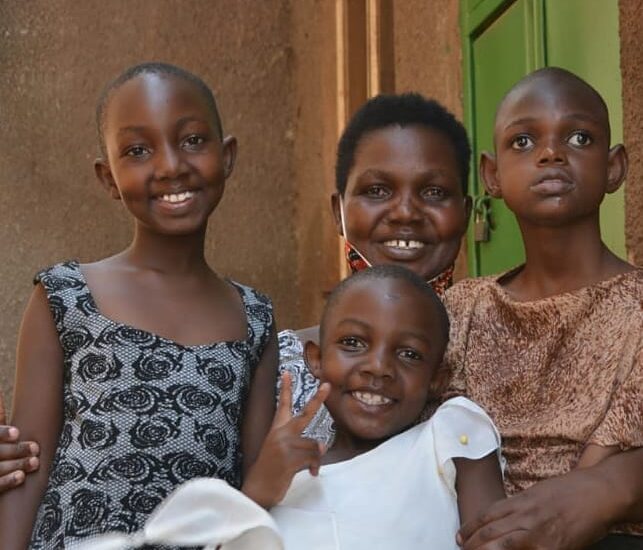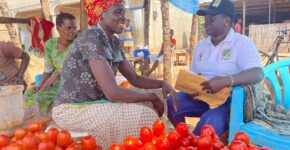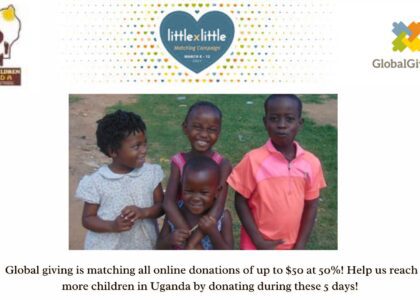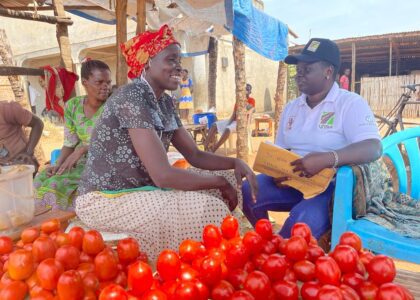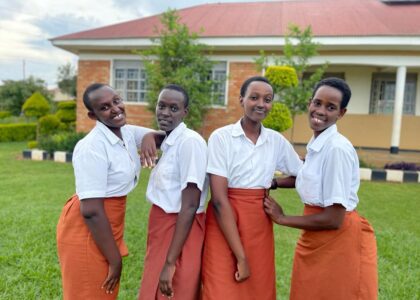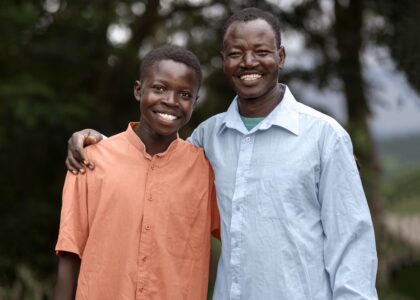The Uganda national survey on violence against children shows that every 3 in 4 young adults reported having experienced at least two forms of violence – either sexual or physical – during childhood.
Violence against children occurs at all levels of society, in our homes, communities and schools.
Violence significantly harms children’s health, slows economic development and erodes human and social capital. Failing to address violence against children jeopardises investments made in child survival, health and education.
Parents and caregivers support is a key strategy to ending violence against children. Parenting appears in a range of global and regional commitments, notably the Sustainable Development Goals and a number of significant global commitments, such as violence prevention, early childhood development, and social protection.
The most common forms of violence affecting children take place in a home and family setting. According to UNICEF global databases, about three quarters of young children are subjected to violent discipline by their caregivers on a regular basis. Moreover, a quarter of young children live with a mother who is victim of intimate partner violence. But while the home and family can be the primary setting where violence against children occurs, they can also be the most important sources of protection from violence, and of care and support when violence has occurred.
The recommended UN parenting guidelines:
Parent-child communication
Effective parent-child communication reduces harsh parenting practices, creates positive parent-child interactions and helps increase bonding between parents or other caregivers and children – all factors that help prevent violence against children
Parenting programs for adolescents
Adolescence is a distinct life stage between early childhood and adulthood with characteristics that necessitate a shift in the parent-child relationship and parenting strategies
Adolescents start to develop independence and spend less time with caregivers and families than when younger. Many adolescents also move away from their family home, for work, marriage or study. In many cultures, older adolescents are already seen as adults, following initiation, early marriage, sexual experience, or childbirth, and where secondary school completion rates are low. Parental or caregiver input remains as essential for adolescent wellbeing as for younger children.
As children become adolescents, gender dynamics often solidify into more gender unequal expectations and roles. It becomes especially important to address issues of gender equality as children become adolescents.
Parenting for online safety and violence prevention
Children across the globe are gaining access the Internet can be wonderful for children ,but online access also comes with risks, like inappropriate content, Online Child Sexual Abuse and cyber bullying. Parents need to monitor and control what their children access online the online world by:
- Connection: an overall positive, stable emotional bond between children and parents is important for children to share their online experiences, and discuss concerns, without fearing their access will be blocked.
- Behavior control: setting rules about internet use – when, where, what – can help reduce the potential harm of, for example, disrupted sleep or cyber bullying.
- Respect for individuality: encouraging independent internet use, for example acknowledging the benefits of internet access for study or for work skills, supports children growing into adults in an increasingly digital world. This starts with guiding younger children as they start to explore the internet.
- Modeling appropriate behavior: setting guidelines around healthy online use starts with adults, for example restricting their own phone usage and having a respectful online presence.
- Provision and protection: understanding and enabling children to stay safe when younger, with parental control and rules, but encouraging older children to start to seek information and support from others, in school or online.
Involving men in violence prevention parenting programs
Involving men and boys in parenting programs is a critical component that requires greater attention .It helps in addressing the traditional caregiving roles of men and seek their engagement as active parents and equitable partners in caregiving, raise awareness among men of the harmful effects of corporal punishment, and inspire men to advance gender equality and take up their full share of parenting responsibilities.
Joy for children with support from Children’s Rights and Violence Prevention Fund (CRVPF) is currently carrying out trainings for parents in Kabarole District focused on Improving parenting skills and practices as well as spousal relationship that enables children and adolescents to grow and develop; through Training of Community based Facilitators (CBFs) in parenting for respectability modules (bonding and attachment, discipline, gender, spousal relationship and father involvement).

